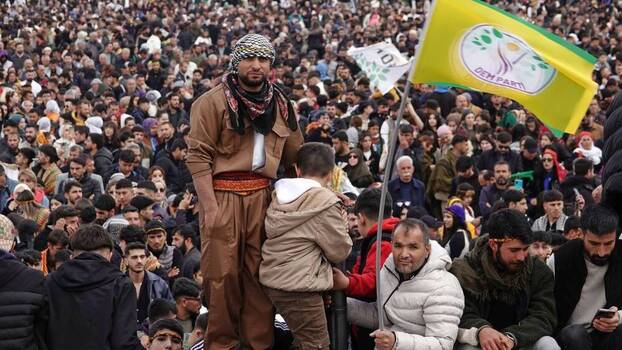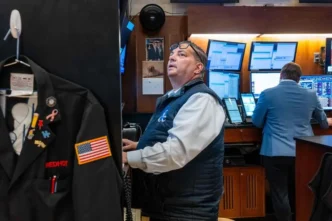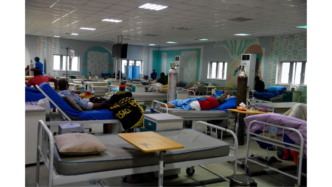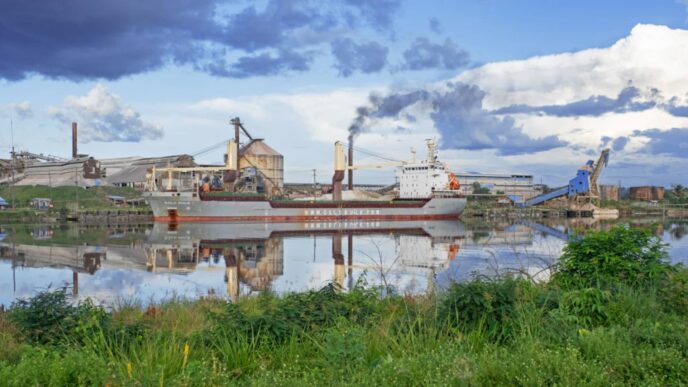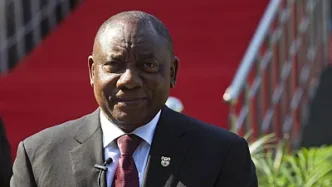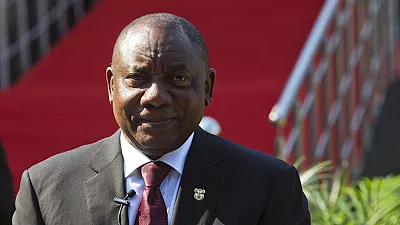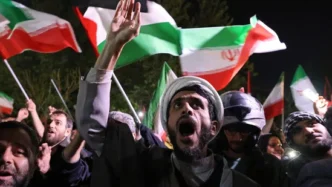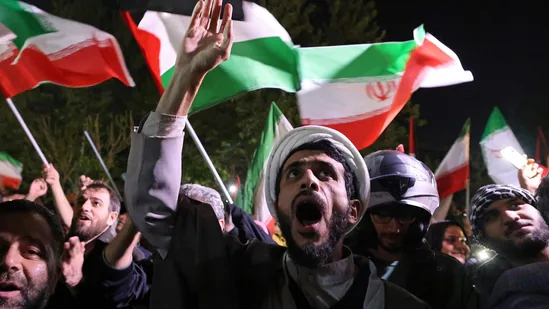Sometimes, profound realisations come in the most unexpected settings. While travelling to Brazil recently, I met a few Kurdish leaders quite coincidentally in a coffee shop. In the course of our casual conversation, it struck me with great clarity: the Kurdish question is at the centre of political reform in the Middle East.
What made the revelation sharper was their own articulation of identity. The Kurds, spread across Turkey, Iran, Iraq, and Syria, are not outsiders. They are local, native populations in every country of the region. Far from pursuing secession in most cases, their demand is simple yet profound: to live with dignity, as equals within the countries they belong to. Most Kurds want to remain in the countries where they are, not asking for separation. However, there are some political parties who think that a separate nation state should be the solution — but this idea remains marginal in Kurdish society.
This is why the Kurdish issue cannot be dismissed as a peripheral minority grievance. It is in fact the central democratic question of West Asia. Without democracy, no equal rights can be guaranteed to all identities in a single country. And since Kurds constitute a significant portion of the population across multiple states, how they are treated becomes a litmus test for whether genuine democracy is possible in the region.
In Turkey, the Kurdish population makes up 15–20 percent of society, yet their rights remain restricted. Political parties representing them are often banned, their leaders jailed, and their cultural expression limited. Ankara’s democratic credentials collapse when viewed through the prism of its Kurdish policy.
Iraq’s Kurdistan Regional Government (KRG) is one of the few examples of Kurdish autonomy. While fraught with internal challenges, corruption, and disputes with Baghdad, it nonetheless shows that inclusivity and decentralisation can strengthen a fractured state. Iraq’s fragile democracy survives partly because Kurdish participation keeps the political system balanced.
The autonomous regions of Rojava in Syria emerged during the civil war as an experiment in local democracy, gender equality, and participatory governance. Their fragile survival against both state hostility and extremist violence demonstrates that democracy is not alien to the region. It can flourish when communities are empowered.
In Iran, Kurds remain under tight state control, with demands for autonomy and cultural recognition systematically suppressed. Tehran’s rigid stance reflects the broader problem: authoritarian states cannot accommodate diversity without risking instability.
The recurring pattern across the region is clear. The Kurdish struggle is not merely about nationalism. It is about whether states can extend equal rights and dignity to all their citizens, regardless of identity. When Kurds are denied equality, it is not just they who are excluded — it is democracy itself that is compromised.
It is often said that democracy in West Asia is fragile, prone to authoritarian relapse and sectarianism. But one way to measure its depth is simple: how does the state treat its Kurdish citizens? If Kurds are respected, if their language and culture are recognised, if they are integrated into politics as stakeholders, democracy gains credibility. If not, democracy remains hollow.
The chance encounter in a Brazilian café underlined for me what is often overlooked in policy debates: Kurds are not asking for separation. They are asking for recognition, respect, and dignity as equal citizens of their homelands. Their demand is simple, but it is also transformative. For Turkey, Iran, Iraq, and Syria — indeed for the entire region — the Kurdish issue is not just about one ethnic group. It is about the possibility of a democratic future. The way these states deal with their Kurdish populations will decide whether West Asia can move toward stability, pluralism, and reform, or remain trapped in exclusion and authoritarianism.
